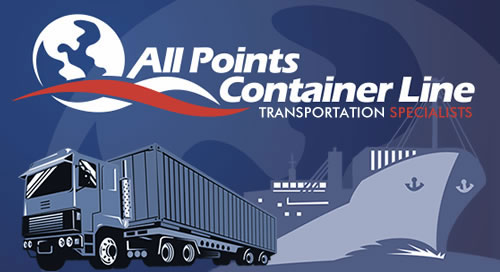Because of a worldwide push for more use of renewable energy sources, the German government is now launching appropriate measures to promote shore-powered energy. Let’s take a closer look at these new changes.
Keep German Port Cities Cleaner
As an exporting country, Germany depends on seaports. Also, more and more people are choosing cruises as vacation means. With the new measures, Germany is making a significant contribution to cleaner air and a reduction of CO2 as well as noise in the port cities along the North Sea and Baltic Coasts.
Vital Step Towards Improving Commercial Viability of Shore-Based Energy
Shore-based energy could be a massive step in the effort to cleaner air and preserving the environment while slowing down climate change. This effort by Germany sets a powerful precedent for countries all over the world. It also helps to change its image in the exporting industry. Sea trade is quickly becoming the most economical and environmentally friendly mode for worldwide freight traffic, and this push by Germany will help further the message.
How Shore-Based Power Can Help
The use of shore-based power derived from renewable energy sources can substantially reduce emissions from ships ported in Germany. However, costs are high compared to conventional sources, like diesel. Because of the high price tag, there is less demand for shore-based power from shipowners. Compared to inland shipping, sea-based ships have to deal with significantly higher costs, since they consume more energy during more extended port lay times. These new proposed measures will hopefully help bring prices down and widen the appeal for the use of shore-based power.
German Ports Planning Expansions to Get Ready for the Changes
Hamberg, Kiel and Rostock seaports are planning far-reaching expansions for the future. A new shore-power supply unit has been installed for use in Kiel, with more planned in other seaports soon. We look forward to hearing about all the new shore-based power improvements in the coming months and years ahead.

